BUDESONIDE - ORAL
PHONETIC PRONUNCIATION: (bue-DES-oh-nide)
COMMON BRAND NAME(S): Entocort EC
GENERIC NAME(S): budesonide
Uses
USES: This medication is used to treat certain bowel conditions (such as Crohn's disease, ulcerative colitis). While budesonide does not cure these conditions, it may decrease symptoms such as pain and diarrhea. Budesonide is an anti-inflammatory drug (corticosteroid hormone). It works by decreasing the body's natural defense response (immune response).
How to use BUDESONIDE - ORAL
HOW TO USE: Read the Patient Information Leaflet provided by your pharmacist before you start using budesonide and each time you get a refill. If you have any questions, consult your doctor or pharmacist. Take this medication by mouth with or without food as directed by your doctor, usually once daily in the morning. Take this medication by mouth with a full glass of water (8 ounces/240 milliliters) unless your doctor directs you otherwise. Swallow this medication whole. Do not crush or chew. Doing so can release all of the drug at once, increasing the risk of side effects. If you are using the extended-release tablets, do not split the tablets unless they have a score line and your doctor or pharmacist tells you to do so. Swallow the whole or split tablet without crushing or chewing. The dosage and length of treatment are based on your medical condition, response to treatment, and age. Avoid eating grapefruit or drinking grapefruit juice while being treated with this medication unless your doctor instructs you otherwise. Grapefruit may increase the amount of certain medications in your body. Consult your doctor or pharmacist for more details. If you are regularly taking a different corticosteroid by mouth (such as prednisone), you should not stop taking it unless directed by your doctor. Some conditions (such as asthma, allergies) may become worse when the drug is suddenly stopped. You may have withdrawal symptoms if the drug is suddenly stopped. To prevent withdrawal symptoms (such as weakness, weight loss, nausea, muscle pain, headache, tiredness, dizziness), your doctor may direct you to slowly lower the dose of your old medication when you are taking budesonide. Consult your doctor or pharmacist for more details, and report any withdrawal reactions right away. See also Precautions section. Use this medication regularly and exactly as prescribed in order to get the most benefit from it. To help you remember, use it at the same time each day. Do not increase your dose, take it more frequently, or use it for a longer time than prescribed because this may increase your risk of serious side effects. Do not stop taking this medication without consulting your doctor. Some conditions may become worse when this drug is suddenly stopped. Your dose may need to be gradually decreased. Inform your doctor if your condition persists or worsens.
Side Effects
Precautions
Interactions
Overdose
Images
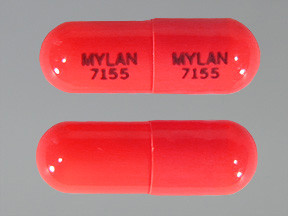
- color
- red
- shape
- oblong
- imprint
- MYLAN 7155, MYLAN 7155

- color
- red
- shape
- oblong
- imprint
- MYLAN 7155, MYLAN 7155
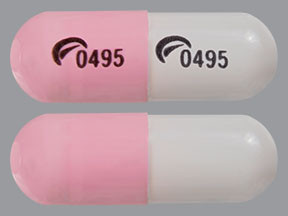
- color
- pink
- shape
- oblong
- imprint
- logo and 0495, logo and 0495

- color
- red
- shape
- oblong
- imprint
- MYLAN 7155, MYLAN 7155
Reviews
Faq for BUDESONIDE - ORAL
Budesonide is an oral medication that belongs to the class of drugs known as corticosteroids. It is commonly used to treat inflammatory bowel disease, such as Crohn's disease and ulcerative colitis.
Budesonide works by reducing inflammation in the digestive tract. It inhibits the production of certain chemicals in the body that cause inflammation, thereby reducing symptoms associated with inflammatory bowel disease.
Common side effects of budesonide may include headache, nausea, stomach pain, diarrhea, dizziness, and respiratory infections. It is important to talk to your doctor if you experience any concerning side effects.
Budesonide is generally considered safe for use during pregnancy, but it is important to discuss with your healthcare provider before taking any medication while pregnant. They will weigh the potential benefits and risks for you and your baby.
Yes, budesonide can be prescribed for children. The dosage and duration of treatment may vary depending on the child's age, condition, and other factors. It is crucial to follow the instructions and guidance of a healthcare professional.
The onset of effects may vary, but some individuals may start noticing improvements in their symptoms within a few days of starting budesonide treatment. However, it is important to take the medication as prescribed and complete the full course of treatment to achieve the best results.
Alcohol consumption is generally not recommended while taking budesonide, as it can increase the risk of stomach irritation and other side effects. It is important to speak with your doctor or pharmacist about any potential drug interactions.
It is important to not abruptly stop taking budesonide without consulting your doctor. They will guide you through a proper tapering schedule to gradually reduce the dosage and discontinue the medication safely.
Budesonide may interact with certain medications, such as certain antifungal drugs or HIV protease inhibitors. It is crucial to inform your healthcare provider about all the medications and supplements you are taking to avoid any potential drug interactions.
Disclaimer
IMPORTANT: HOW TO USE THIS INFORMATION: This is a summary and does NOT have all possible information about this product. This information does not assure that this product is safe, effective, or appropriate for you. This information is not individual medical advice and does not substitute for the advice of your health care professional. Always ask your health care professional for complete information about this product and your specific health needs.
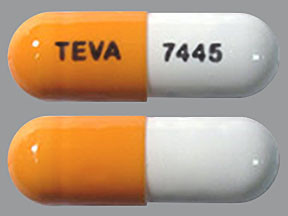

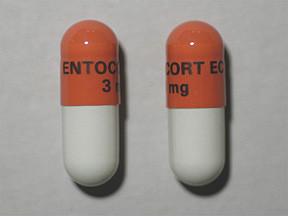
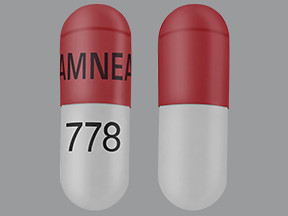
No Reviews Yet